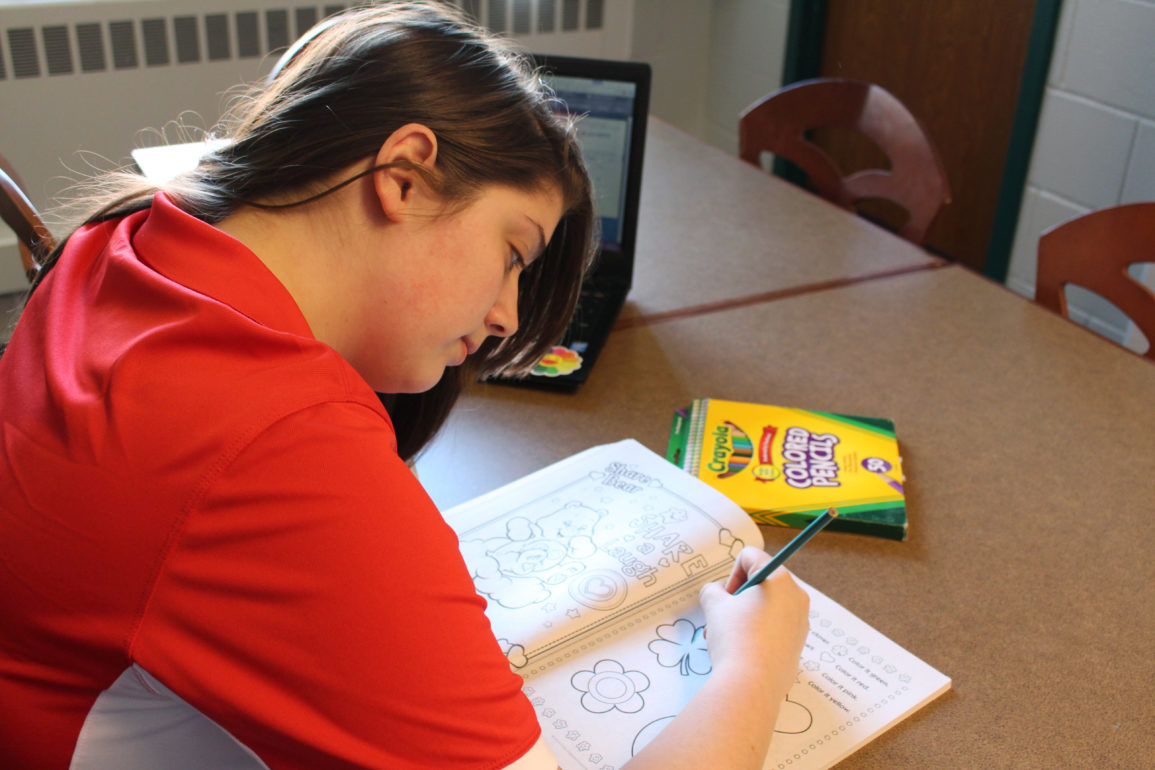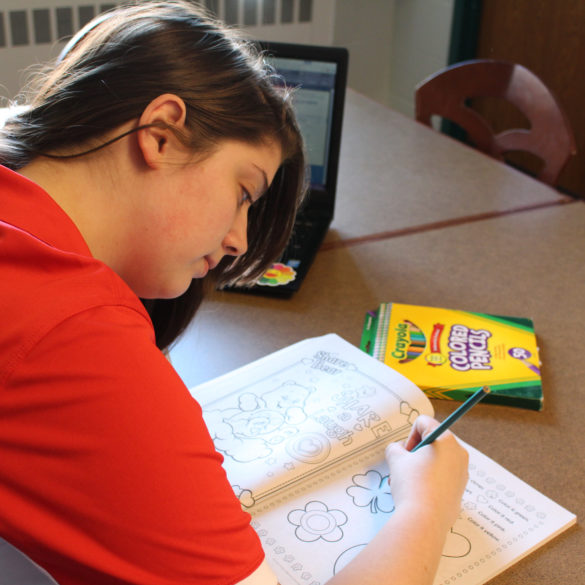At 5 p.m, Serria Thomas got up from her desk and walked to the office kitchen. The work day was winding down at Derris & Company, a public relations firm in New York, and Serria knew she would be in the office for at least another hour. In the kitchen, Serria poured herself a glass of wine from the selections on tap then took it back to her desk to finish working.
Serria does this every day. She typically works until 6 or 6:30 p.m. and likes to relax at the end of the day. She and her coworkers are welcome to help themselves to the beer and wine on tap in the office kitchen any time after 5 p.m.
Derris & Company isn’t the only workplace that has alcohol on hand for its employees. The office keg is becoming the new water cooler. As Millennials become the majority in the workforce, workplace environments are adapting to Millennial culture. More companies are adopting a laid-back work environment. This environment includes ping pong tables, video games, and alcohol – things that never would have been in a primarily Generation X workplace.
This workplace transition is called mechanic to organic. Offices are becoming less traditional and systematic. Carla Flores, an instructor of management at Ball State University, said the transition is generational. Baby Boomers were from a more traditional style, so they just accepted whatever the boss wanted them to do and did it. Millennials bring a sense of competition to the industry and workplaces lean toward a more attractive environment to bring in employees. Generation X has worked as a bridge to tie in the gap between the older and younger generations. As Baby Boomers retire, there will be less resistance to an organic atmosphere.
Serria spends her day working, but when she gets stressed out, she has a release. She takes time to color in the provided coloring books. She sits on the sectional couch in the library. She reads books and magazines. She plays with Legos. Serria has options – that’s what makes her environment work.
Serria came to Derris & Company from a less compatible environment at a larger PR agency. There, everything was systematic. The company has been around long enough to know what works for it and does little experimentation. Derris & Company is newer and the young CEO, 35-year-old Jesse Derris, is willing to experiment with his company.
According to the Bureau of Labor Statistics, Millennials are on track to make up 44 percent of the workforce by 2025. The younger workers are bringing media- and technology-focused minds to the workforce.
Cubicles are no longer the standard in offices. Instead, employees work in an open floor plan layout. Rows of open desks and computers take the place of closed off, individual work spaces. Serria sits at a long table surrounded by her coworkers. She has about three feet of desk space to herself, which is plenty for her. If she needs to consult a coworker, she just walks over and talks to him or her. Serria’s communication with coworkers via email is almost nonexistent. She has easy access to everyone in the office, including the CEO.
She can’t roll her eyes about her boss because he sits near her, but Serria can just walk away from her desk and take a break if she gets frustrated. If she gets stressed out at work, she gets rid of the stress at work. This isn’t as easy in a more traditional work setting. Traditional workplaces don’t offer spaces for employees to get away. They have a desk or a cubicle and that’s it.
At Serria’s previous job, she felt underutilized. She didn’t feel a good connection to her coworkers and hardly ever saw her boss. People barely interacted. They rarely smiled. Serria said it was a “Devil Wears Prada” situation, except she didn’t get offered the Paris trip in the end. She knew she had to find a different work environment. A poor work environment can cause workers to experience workplace depression. The switch to a modern, experimental office has boosted Serria’s morale at work.
An organic work environment doesn’t work for everybody. Carla said an environment depends on the business’s mission. Low-cost providers, need more structure and a more mechanistic environment. A business with a volatile environment sees a lot of changes and has big competition, so it needs a lot more delegation and a lot more creativity. Because these more competitive companies push their employees hard, they need to give them a way to let off steam and to enjoy the workplace.
Drinking on the job may seem attractive to people entering the workforce, but it could come with consequences. Hangovers from excessive drinking costs the United States around $250 billion annually in lost productivity. A relaxed environment comes off as attractive, but self-control is a much needed quality to be a functional employee in an organic environment.
There’s a place for both mechanic and organic environments. Not everyone’s attracted to the more modern style. Some people are more comfortable in a structured environment. In Serria’s experience, she has seen some people who don’t know how to balance the stimulation in her office. It’s easy to get swept up. Even Serria, who works well in an organic environment, sometimes has to force herself not to sit on the couches in the library for too long. The key to working in an organic environment is learning a balance between work and play. Serria reminds herself that she is working an actual job and she has to get stuff done.
While Serria enjoys the laid-back style of her office, she wouldn’t like it if the organic aspects were her only choice. She has the option to engage with the luxuries in her office. If she needs a break from work, she can take it. If she needs a break from play, she can take it. Some more creative companies offer organic attributes as their only option. Even in her office, Serria is sometimes amazed that people get as much work done as they do.
Change is happening in the workplace and it’s not just the big outlying companies, Carla said. Organic work environments are trendy. Companies will continue to dabble in the organic lifestyle. It will stick for some. It will fail for others. But overall, acceptance for the laid-back culture will only grow with time.




